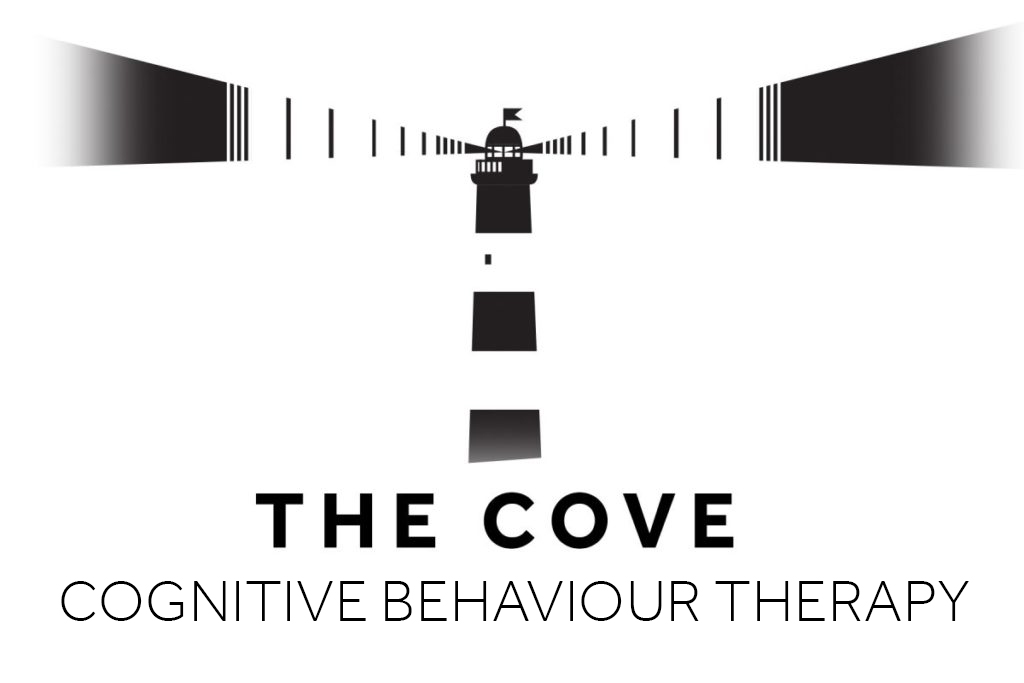Cognitive Behavior Therapy (CBT)
“Change the way you see things and you will change the things you see”
– Wayne Dyer
CBT is a form of therapy that was developed in the early 1970’s. There have been extensive international scientific therapy trials, over the last 20-30 years, which show CBT to be a successful means of helping people with a variety of emotional, relationship or work-related problems.
CBT starts by assessing the “here and now”. Your problems are affecting your life now, so the therapy concentrates on the present. It might later address the past. CBT is collaborative. The therapist and client work together to achieve change. CBT is also practical and problem-focused and it involves doing therapy tasks between sessions (referred to as “homework”). As the name suggests, CBT develops behaviour change through increased understanding.
The goal is to help people uncover their dysfunctional and irrational beliefs, by exploring the reality of their thinking. From this, they develop mechanisms to tackle current problems. CBT develops new skills, and also teaches a model for future problem solving. In effect, people become their own therapist with a repertoire of strategies to better cope if further problems arise.
Over the course of therapy, increasing importance is placed upon understanding why a problem developed. Through this enhanced understanding of meaning and exploration of one’s core beliefs, people can achieve deep and lasting changes to their perception of themselves, their world, and their future. It is similar to the treatment of physical health issues. For example, if you break a leg a doctor seeks to fix your leg and stop the pain first. CBT is similar; focusing on immediate solutions. Only in due course might it be appropriate to ask how it was broken to prevent it happening again.
Melanie helped me out during an existential life-crisis. Not only did she help me find practical tools to understand myself and my behavioural patterns better; she also helped me deal with some old, buried childhood issues in a constructive manner and address some open issues with my family. Her approach is very sound and I highly recommend it to anyone who is looking for practical tools to understand and deal with the complexities and burdens of modern life.
FB